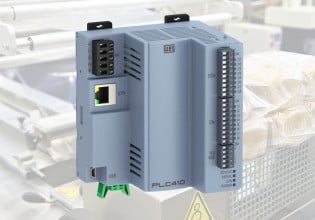F
I have a Watlow Anafaze temperature controller. The spec states that I should use all grounded or all ungrounded thermocouples. We have a box full of used and assorted thermocouples. How can I tell if they are "grounded" or "ungrounded" and what exactly does that mean? I think it means the thermocouple is isolated from the sheath. Is there an easy way to test this? Fred Chwalek Applications Engineer Beacon E-Commerce, eFilter Division Voice: (704) 398-7916 Fax: (704) 398-7822 Email: [email protected]






